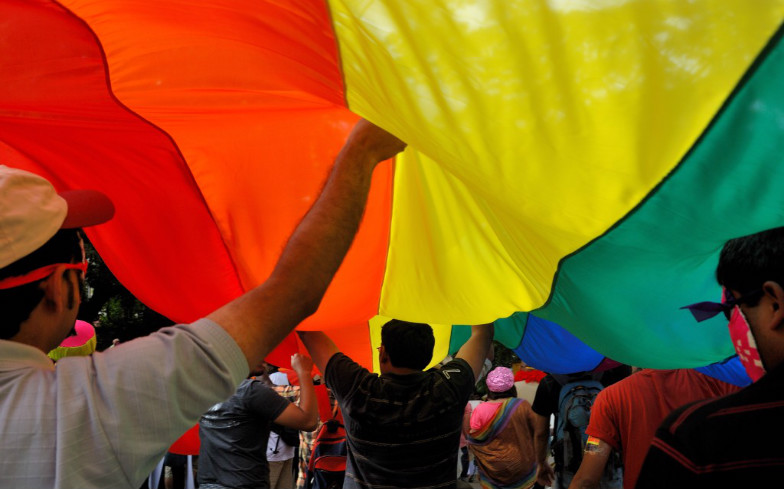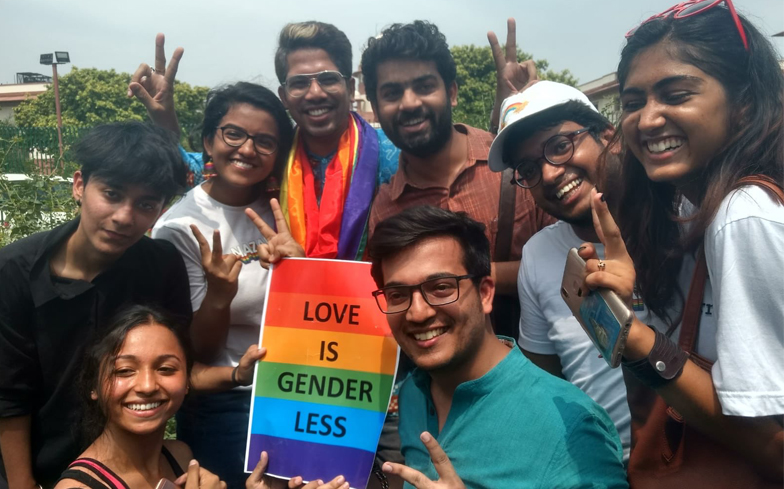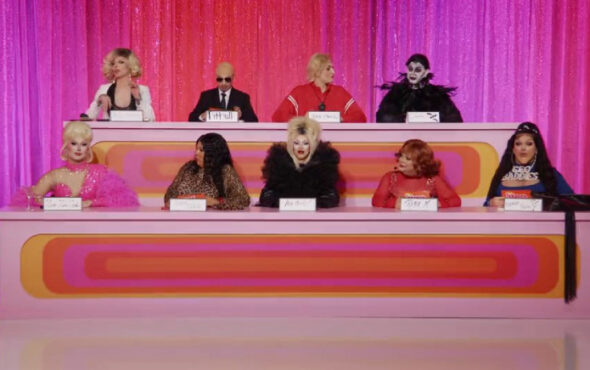The bill will restrict surrogacy to married couples.
India’s lower parliamentary house, the Lok Sabha, has passed a bill which will ban same-sex couples from becoming parents through the use of surrogacy.
The Surrogacy (Regulation) Bill 2016 was passed earlier this week and restricts surrogacy to infertile couples who have been married in India for more than five years. As same-sex marriage is not yet legal in India, this means that same-sex couples will be excluded.
The bill was passed after only an hour of debate, and was introduced by the Health Minister, JP Nadda, reports the The Tribune.
If passed by India’s upper parliamentary house, the bill will also ban commercial surrogacy, and surrogates will have to come from a person’s close family. It will also ban non-Indians from carrying out the practice, currently 75% of people using surrogacy in India aren’t Indians.
Those who break the law could face up to ten years in prison and a fine of up to Rs 10 lakh, roughly equivalent of £11,800.
The bill was met with some backlash, and Kakoli Ghosh from the All India Trinamool Congress called on the bill to make allowances for same-sec couples during the debate.
Speaking to News 18, Anant Bhan, a researcher in global health policy and bioethics said: “The focus on heteronormative couples discriminates against single people, same-sex couples. This, in spite of the recent Supreme Court judgement.”
And Harish Iyer, from Queer India, argued the bill was “highly prejudiced.” He said: “If the sole intention had been protecting the rights of surrogate mothers and to steer against making wombs-on-rent a norm, there would have been a plan to rehabilitate and integrate surrogate moms into our societal framework.
“There is no plan whatsoever in this direction. Instead, we get a bill that almost brings surrogacy to a standstill.
“If surrogacy is out of bounds for queer persons, has the government strengthened its policy for adoption by queer persons? The answer is a loud ‘no’. There are enough studies in the West that prove that queer persons make good parents, not as good as but better than heterosexual persons.”





